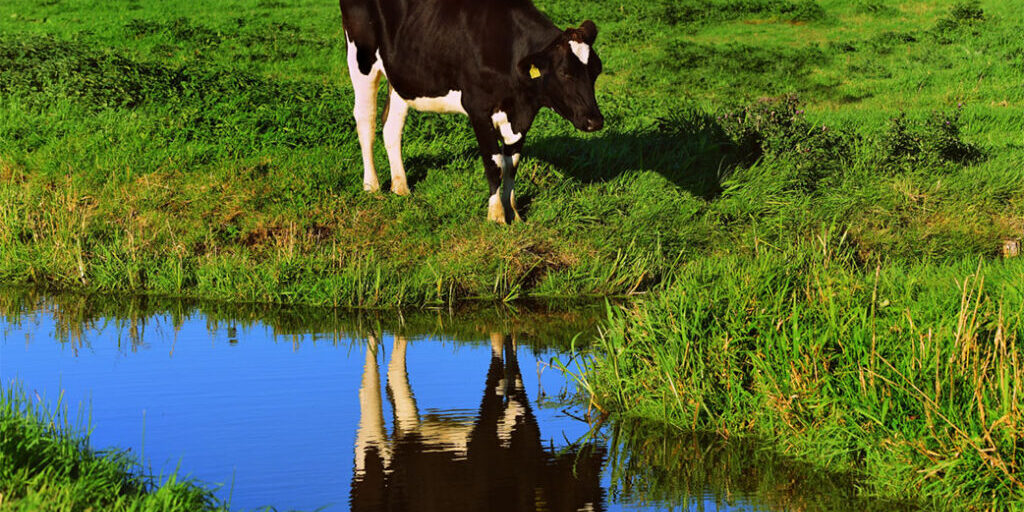Water Drainage: To Trench or Not To Trench
Whether you are living on a small lot in town or a large property in the country, controlling how the water moves around your land can be crucial in keeping your home dry or your crops from drowning. Use that water to your advantage by planning the proper excavation for your needs.
Ditches and small trenches are a great way to divert water to a specific area for collecting, watering, or drainage.
ditch – [dich]
noun
a long, narrow excavation made in the ground by digging, as for draining or irrigating land; trench.
any open passage or trench, as a natural channel or waterway.
*https://www.dictionary.com/browse/ditch
In construction terms, a trench is more specifically a ditch that is deep and narrow for the purpose of laying different types of pipes.
Corrugated Drain Pipes
Corrugated drain pipes can be made out of metal, plastic, and other materials. Corrugated outdoor drain pipes are commonly used to prevent water from building up on walkways and driveways. The most common application this pipe is used for is a French Drain.
PVC Drainage Lines
PVC drainage lines are the most common type of drain pipe that’s found in and running from homes to public utility hookups. These pipes are typically quite generic in their appearance, which means that they’re best for areas that aren’t easily visible.
Sewer Main Pipe
In regards to storm water management, it is most commonly used when a contractor would like to or needs to have a stronger pipe with a smooth outer and inner wall.
Schedule 20 Sewer Drainage Pipes
Schedule 20 sewer and drain pipe is the most common pipe used for the drainage and storm water applications. The wall of this pipe would be considered light duty but can still handle the common loads of pressure that are encountered in most residential landscape projects.
Direct Water to Your Crops
You more commonly see trenches in large fields to help keep crops from flooding when it rains hard, but they can also be used to send water to crops or small gardens. Ditches are generally seen along roads and are used to direct water away from roadways for safety. Both can be used in smaller scales to create water flow in a particular direction for things such as ponds for landscaping or to get water flowing to city drainage via culvert and piping.
If you have problems with water drainage on your property please contact Emerson Contracting NW! Call 503-837-1372 or use our handy contact form and we’ll get back to you. We can answer your questions about ditching and trenching and determine the correct solution is for your needs.


I like how you mentioned that controlling how the water flows around your land can be important whether you live on a small lot in the city or a large property in the country. This will be useful for my cousin who’s just recently looking for a drain excavation service that can help him regarding the draining of his crops. I’ll make sure that he reads this article so he can have insights about the proper ways to do it.
These days we do a lot of trenches for pipelines, however in our early days we did a lot of drainage work. Great article guys.